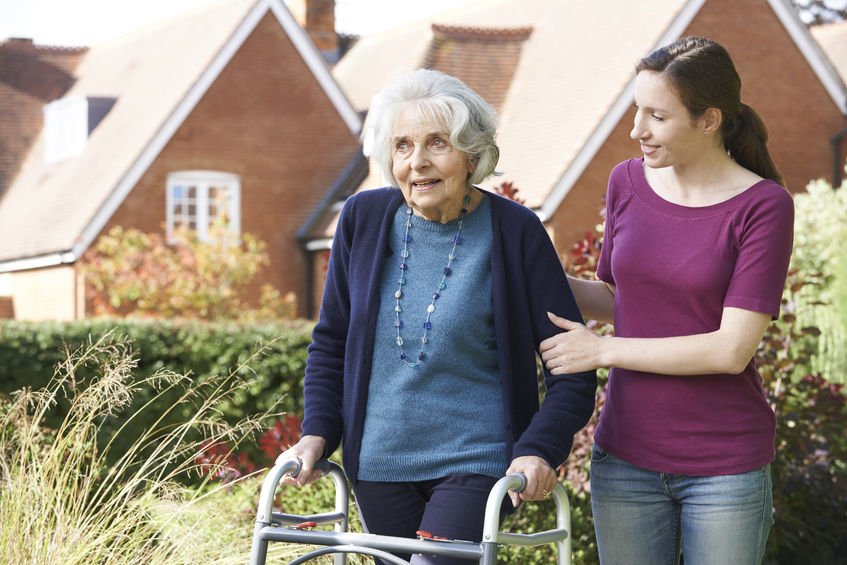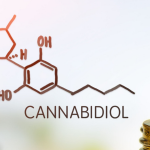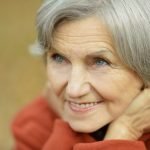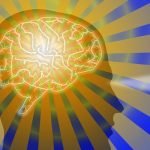It’s a Family Affair
A recent study reminds us that many times our patient responsibilities extend into the family of the individual we’re treating, especially when family members are part of their care team. A study at the University of Missouri School of Medicine found that nearly one-quarter of caregivers were moderately or severely depressed and nearly one-third had moderate or severe anxiety.(1)
Quick Clinical Assessment Tools are Telling
While it is completely normal and reasonable to have feelings of sadness or worry when caring for an ill family member, clinical depression and anxiety are concerning. These states speak to a dysfunction in the processing of circumstances, and a likely lack of support needed by the caregiver. Debra Parker-Oliver, professor in the Department of Family and Community Medicine at the MU School of Medicine and lead researcher of the study recommends using quick clinical assessment tools, such as GAD-7 and PHQ-9 to screen for anxiety and depression in family members serving as caregivers to ill family members.
The Study
The study was conducted within a population of caregivers giving end-of-life care (hospice) to family members, however any scenario where a family member is giving care for an extended period of time poses the same risks. As naturopaths, our role in patient care often puts us in the center of a health care team comprised of many specialists, and family members. Understanding that the entire family unit must be strong and supportive in order for our patients to heal optimally gives us the responsibility to inquire as to the health and well-being of family members.
Treating the Whole Person
Strengthening family support systems as part of the care of our patients better enhances the care they are receiving at home. It also is part of how we “treat the whole” person, which includes their relationships, and how those relationships are mutually supportive. When caregivers are under duress, the quality of care diminishes; a great reason to support self-care and preventative, health supporting measures for the entire family – and also something we could all do well to keep in mind.
Source:
- Parker Oliver D, Washington K, Demiris G, et al. The Prevalence and Risks for Depression and Anxiety in Hospice Caregivers. J Palliat Med. 2016. [Ahead of Print]
 Node Smith, associate editor for NDNR, is a fifth-year naturopathic medical student at NUNM, where he has been instrumental in maintaining a firm connection to the philosophy and heritage of naturopathic medicine amongst the next generation of docs. He helped found the first multi-generational experiential retreat, which brings elders, alumni, and students together for a weekend campout where naturopathic medicine and medical philosophy are experienced in nature. Three years ago he helped found the non-profit, Association for Naturopathic ReVitalization (ANR), for which he serves as the board chairman. ANR has a mission to inspire health practitioners to embody the naturopathic principles through experiential education. Node also has a firm belief that the next era of naturopathic medicine will see a resurgence of in-patient facilities which use fasting, earthing, hydrotherapy and homeopathy to bring people back from chronic diseases of modern living; he is involved in numerous conversations and projects to bring about this vision.
Node Smith, associate editor for NDNR, is a fifth-year naturopathic medical student at NUNM, where he has been instrumental in maintaining a firm connection to the philosophy and heritage of naturopathic medicine amongst the next generation of docs. He helped found the first multi-generational experiential retreat, which brings elders, alumni, and students together for a weekend campout where naturopathic medicine and medical philosophy are experienced in nature. Three years ago he helped found the non-profit, Association for Naturopathic ReVitalization (ANR), for which he serves as the board chairman. ANR has a mission to inspire health practitioners to embody the naturopathic principles through experiential education. Node also has a firm belief that the next era of naturopathic medicine will see a resurgence of in-patient facilities which use fasting, earthing, hydrotherapy and homeopathy to bring people back from chronic diseases of modern living; he is involved in numerous conversations and projects to bring about this vision.





